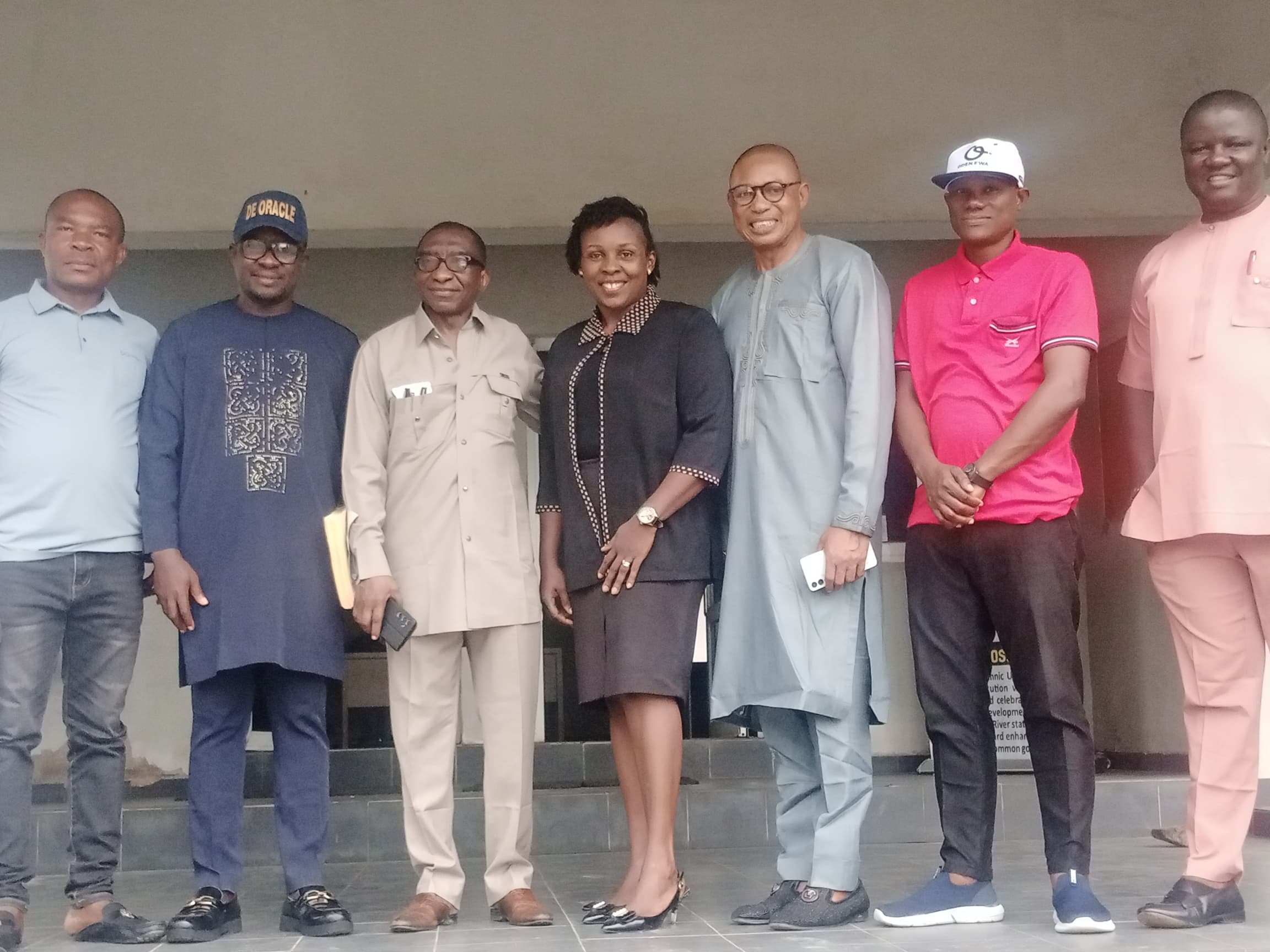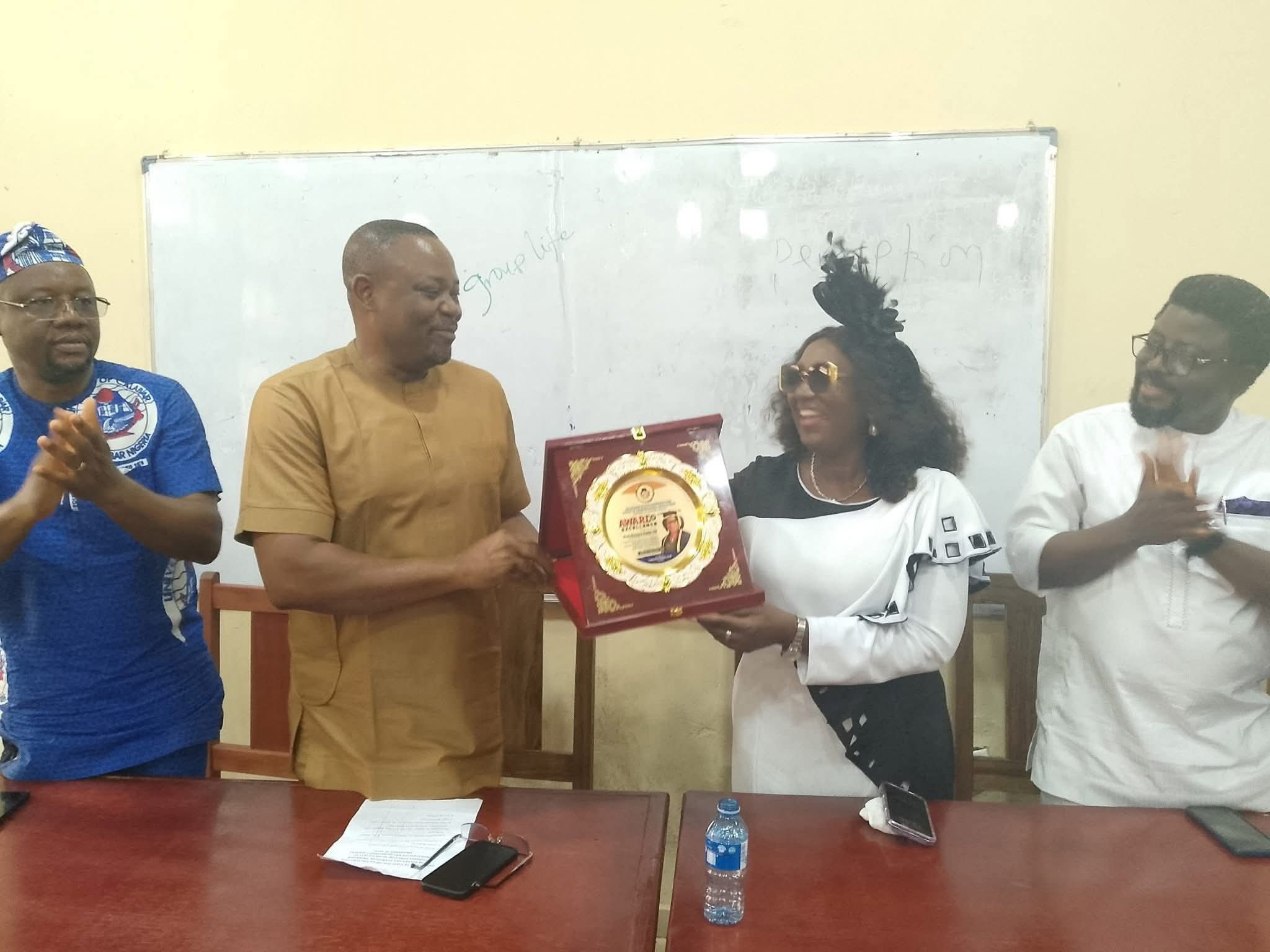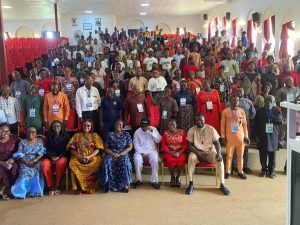
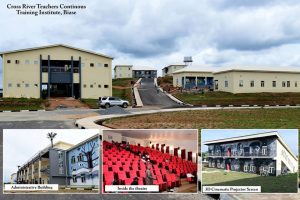
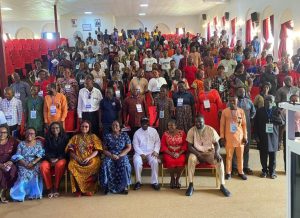
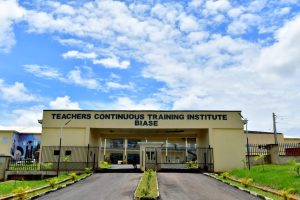
Primary school teachers in Cross River State have commended the state government and the World Bank’s Project Hope Education for organizing a high-level training program aimed at significantly enhancing their teaching methods in English and Mathematics.
The 2-day residential training, which was held at the Cross River State government-owned Teachers Continuous Training Institute (TCTI) Biase and satellite centers in Calabar, Ikom and Ogoja, saw teachers selected from across the state trained on effective classroom pedagogy.
Participants praised the program, saying it would improve learning outcomes for students and enhance the overall education ecosystem in the state.
Some teachers who testified after the training expressed gratitude to state governor; Senator Bassey Otu, the state Commissioner for Education Professor Stephen Odey, Chairperson of the State Universal Basic Education Board (SUBEB), Barr. Fidelia Okpo-Ene, and the World Bank group for spearheading the initiative. They lauded the management of the TCTI over what some described as “wonderful” implementation of the workshop, noting that the training had equipped them with practical skills to make learning more engaging and interactive.
A cross section of the teachers who attended the conference noted that it was unprecedented for them to take home smart tools, marking a significant milestone in their training. Some participants also requested that the training be extended to other subject areas, such as arts, to further enhance their practical solutions to classroom teaching and learning.
Mr. Kanu Ekpezu Obu, a teacher from PCN Primary School, Biakpan-Biase, described the training as a shift in traditional teaching. “For years, we focused on curriculum coverage at the expense of conceptual understanding. This workshop has been an eye-opener,” he asserted. Obu emphasized that practical strategies, such as using bottle tops for counting and local stories to teach sentence structure are highly valuable.
“My key takeaway is that effective pedagogy is not about having more resources, but about being more resourceful with what we have,” Obu said, vowing to champion the new methods in his zone.
Similarly, Teacher Evare Egbe Odohi of PCN Primary School II, Ediba, Abi LGA, shared how the training transformed his approach to a difficult topic. “I always struggled to make fractions interesting. However, the ‘Pizza Fraction’ activity using cardboard circles was a revelation. It transformed a dreaded topic into a game.” She noted that the training has shifted her role from “a teacher who talks” to “a facilitator who creates activities.”
The integration of technology was another major takeaway for participants. For instance, Mrs. Ojong Mary Akop of St. Peter’s Primary School, Etomi-Etung LGA, praised the session on interactive smart boards.
“I feared the technology would be a complex distraction. However, after these two days, I see it as the most powerful teaching aid I have ever encountered,” she testified, citing the use of interactive software to visualize word problems and digital storytelling as brilliant tools for capturing the attention of 21st-century children.
Mrs. Akop, however made a call to action, acknowledging the infrastructure gaps in many rural schools. “This training has been a revelation, but it also shows a critical need. The reality for many schools, including mine, is a lack of constant electricity and reliable internet.” She pleaded for sustained support, suggesting solar-powered solutions and offline software packages to ensure the training’s impact reaches all classrooms.
The training was also well-received by non-resident stakeholders. Mr. Joe Oshie, a Diaspora-based Cross Riverian, praised the state’s direction: “The people currently managing education in the State are really out to revolutionise the sector…I am happy that the education sector is being taken care of in our state.”
Commendations continue to pour in for the government’s resolve to continue professional development for teachers, signaling a renewed focus on foundational learning across the state.



